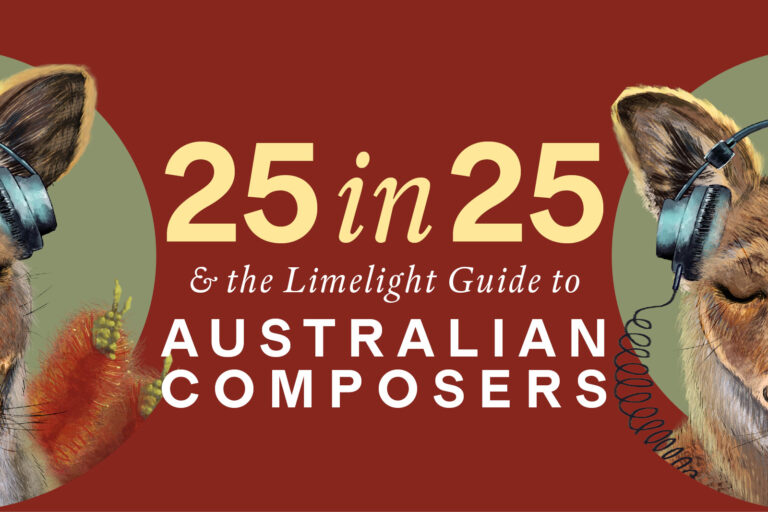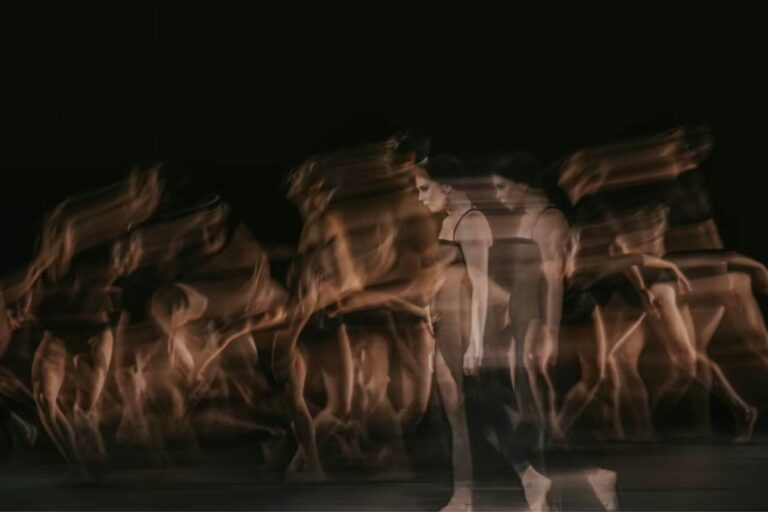In the three years they were able to work together – before political differences ended the partnership – composer Kurt Weill and playwright-librettist Bertolt Brecht produced a remarkable suite of bitingly satirical works.
Among them, The Threepenny Opera and (to a lesser extent) The Rise and Fall of the City of Mahagonny are now seen as touchstones of the Weimar Era, that brief, chaotic period in the late 1920s prior to the rise to power of the Nazi party under Adolf Hitler.
Less well known and performed, though no less remarkable, are those works’ shorter predecessors, 1927’s Mahagonny Songspiel, a depiction of the rise and fall of a fictional city where pleasure and excess ruled unchecked, and Seven Deadly Sins (1933), a balletic opera that takes audiences on a whistle stop tour of seven American sinful cities with two sisters, Anna I and Anna II, who are, in essence, contrasting sides of one person.
That notion of the “split personality” is powerfully current nearly a century on, says director Spark Sanders-Robinson, currently rehearsing a new semi-staged double bill production of Mahagonny Songspiel and Seven Deadly Sins. Presented by Operantics, it plays in a...
Continue reading
Get unlimited digital access from $4 per month
Already a subscriber?
Log in










Comments
Log in to start the conversation.